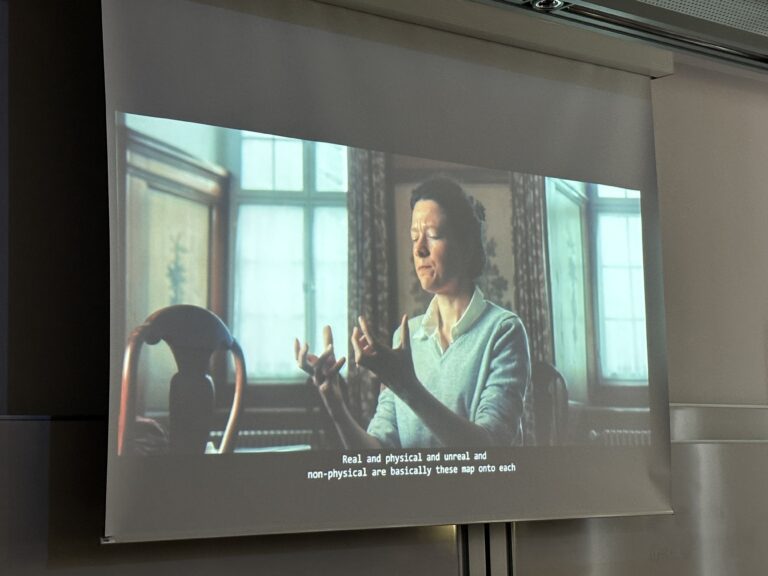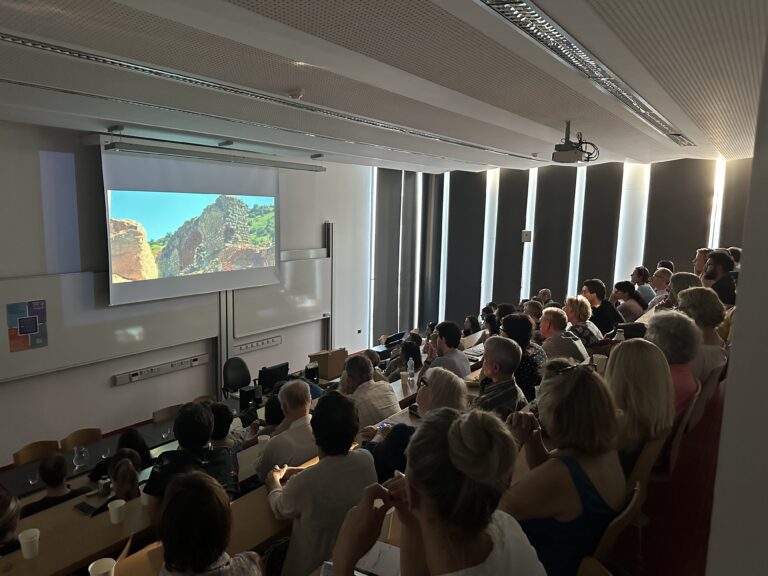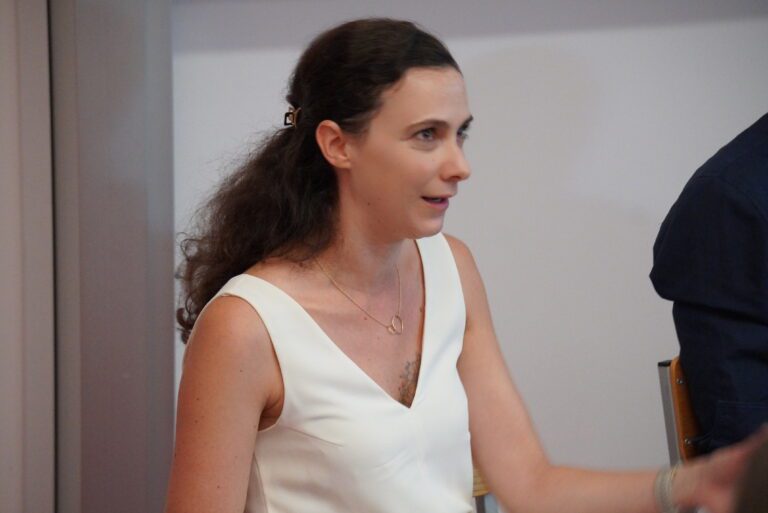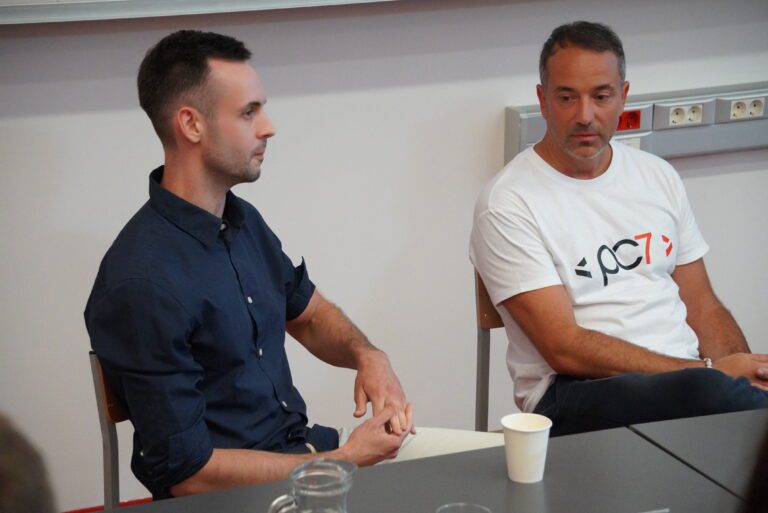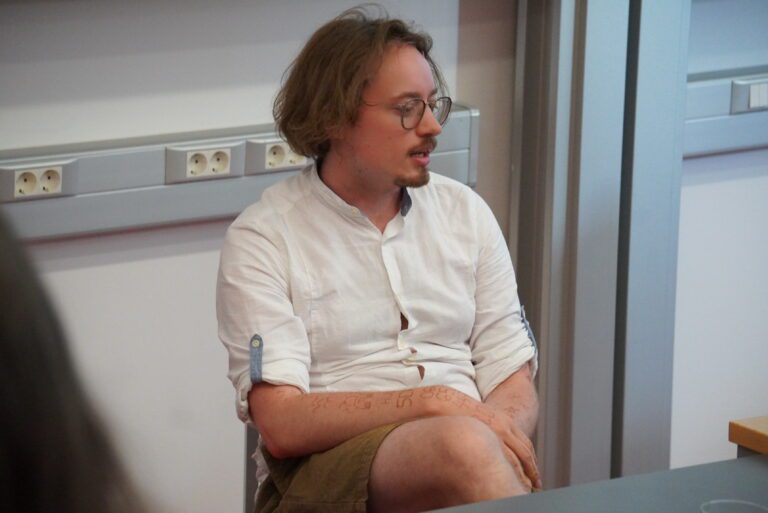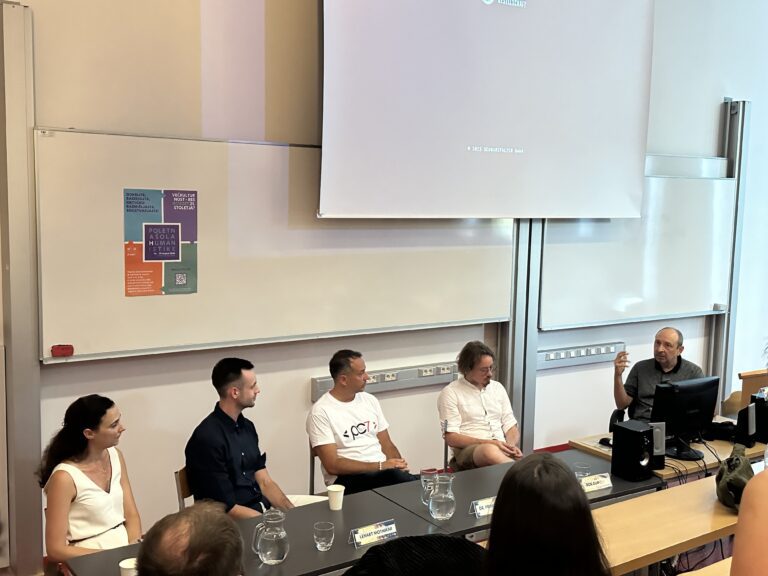The excitement about the power of AI is hard to ignore, and experts’ opinions on whether AI will save the world or destroy it are divided. At the round table, moderated by Prof. Ernest Ženko gathered experts who deal in one way or another with artificial intelligence, its regulation, use, impact, positive and negative sides of its use, which can also include addiction.
The discussion was attended by Dr. Pika Šarf, employed by the Information Commissioner as an advisor for international relations and former researcher at the Institute of Criminology, Lenart Motnikar, a graduate of biopsychology and cognitive science, Dr. Primož Cigoj, founder and director of PC7, a company specializing in solutions in the field of artificial intelligence, Rok Gumzej, a social pedagogue who combines his expertise with knowledge of the gaming world and advises excessive video game players and technology addicts.
As part of the discussion, Dr. Pika Šarf pointed out that popular culture and science fiction often offer simplistic narratives about artificial intelligence, which sometimes obscure the real dangers and pitfalls associated with technology. “I’m thinking here primarily of technological solucianism, the idea that algorithms will solve all societal challenges, and automation bias, the tendency for humans to rely too much on automated decisions,” she added.
The rapid development of technology and artificial intelligence calls for measures to effectively protect users. In concluding the discussion, experts agreed that the future of artificial intelligence largely depends on the ways in which it is developed and used. While it holds great promise, it is important to remain critical and cautious, and to focus on developing AI that is at the service of humanity and not the other way around.
